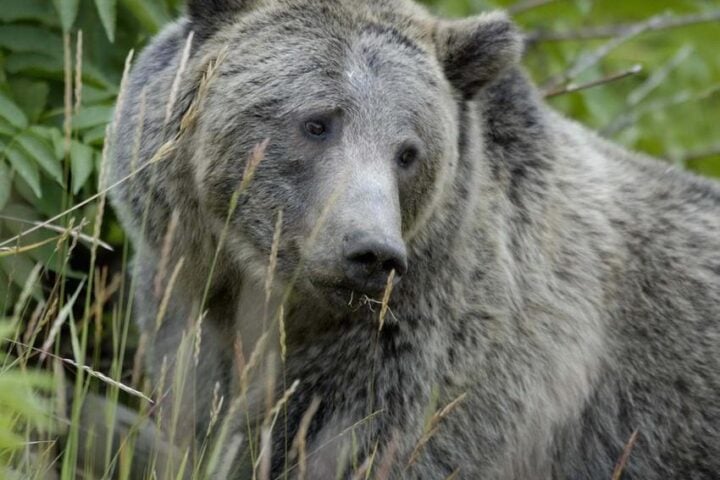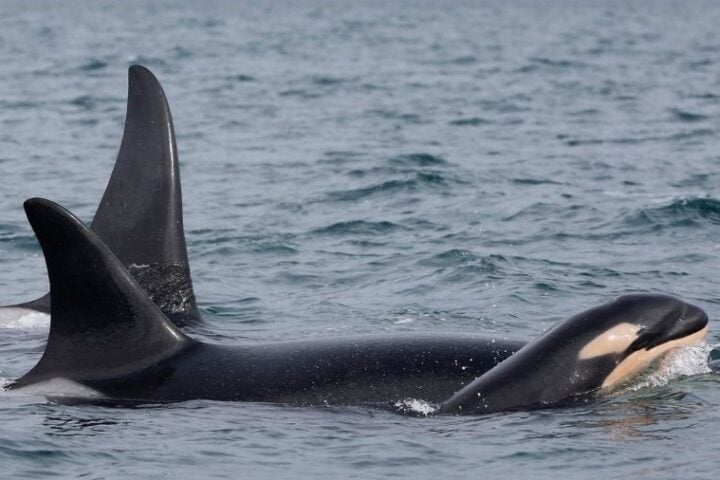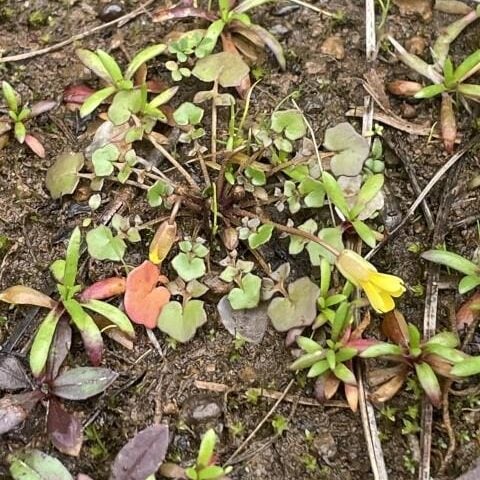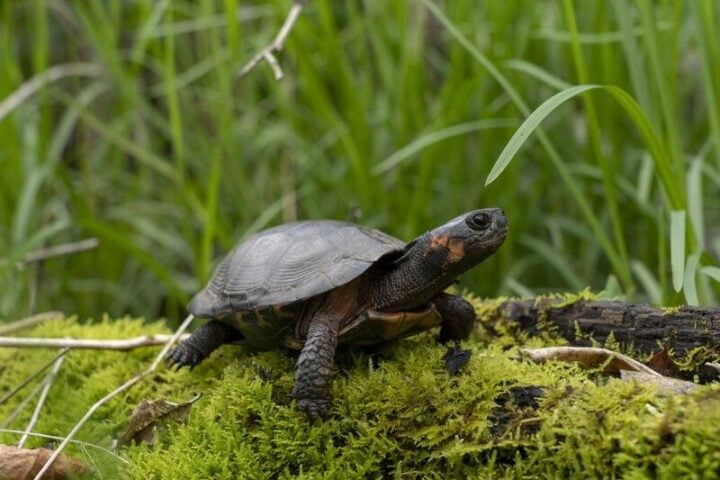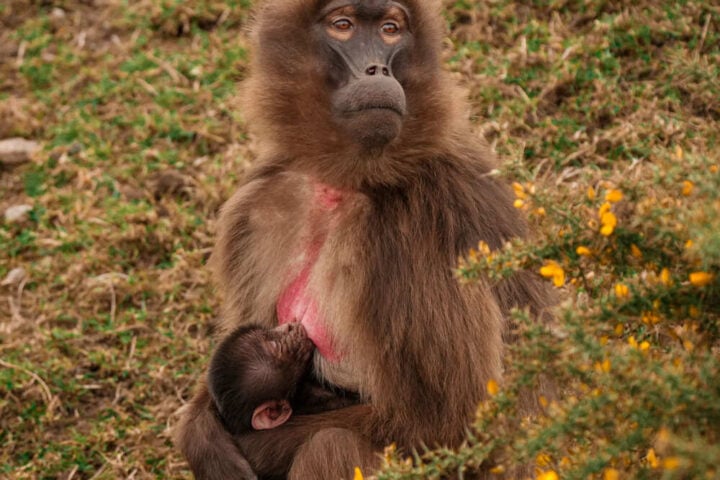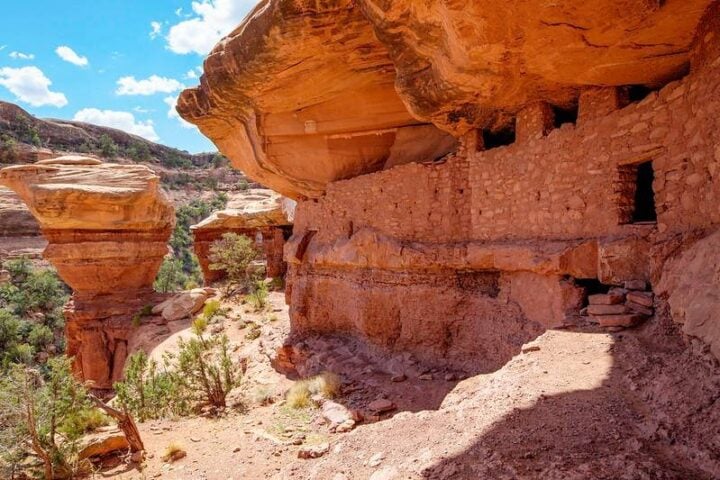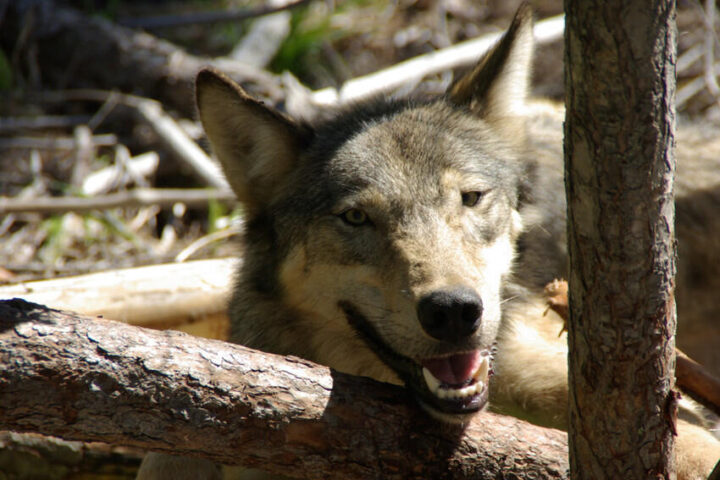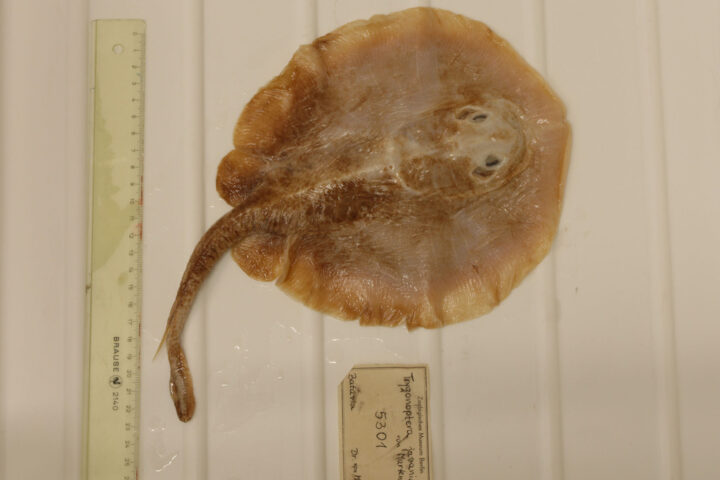The International Whaling Commission (IWC) has issued its first-ever extinction alert, signaling a dire situation for marine life. The alert serves as a stark reminder of the broader implications of human activities on marine ecosystems. The vaquita porpoise, a marine species native to Mexico, is at the forefront of this alarming notification. Contrary to the anticipated extinction due to a 45% annual decline estimated in 2018, the vaquita continues to show resilience. “The vaquita’s tenacity is a testament to nature’s will to survive against all odds,” comments marine biologist Dr. Jane Doe.
Recent sightings in May 2023 revealed a consistent number of vaquitas in the northern Gulf of California near San Felipe, Mexico. The visual research was sponsored by the Sea Shepherd Conservation Society and included both ship-based and professional observers. Approximately ten vaquitas, including a calf, were spotted, all appearing healthy and actively feeding. The data from 2019 to 2023 remains inconclusive on whether the vaquita population is rising or falling. The successful observation was attributed to minimal fishing activities during the survey.
Play Vaquita Quiz Game: Help Vaquita By Knowing More About these Wonderful Creatures
In a significant conservation effort, the Mexican Navy placed 193 concrete blocks with 3m high metal hooks in August 2022 to entangle gillnets. These blocks were strategically placed within the vaquitas’ last refuge, a region termed the Zero Tolerance Area (ZTA). Collaborative monitoring by the Navy and Sea Shepherd Conservation Society observed a 90%+ reduction in gillnetting within the ZTA. “This collaborative effort showcases the potential of human intervention in reversing the damage we’ve caused,” states Dr. John Smith, a marine conservationist. Any gillnetting activity within the ZTA is promptly reported, leading to the removal of gillnets and relocation of fishermen. Despite these efforts, some nets are still confiscated, emphasizing the need for a complete ban on gillnets in the vaquita habitat.
May, being a low fishing season, allowed survey ships to operate outside the ZTA, a first in recent years. Acoustic research detected vaquitas along the northwestern border of the ZTA. Visual sightings confirmed the presence of both vaquitas and gillnetting activities in the area. The concrete blocks, combined with strict enforcement within the ZTA, have proven effective in preventing gillnetting. Advanced side-scan sonar detected only one net entangled with the blocks and hooks. The success of this year’s conservation efforts underscores the urgency to expand the strategy to other regions frequented by vaquitas.
Similar Posts
“While the vaquita’s story brings hope, it’s essential to remember that many marine species are on the brink of extinction,” warns Dr. Emily White, a marine ecologist. Human activities, especially fishing, have significantly impacted marine life, leading to declining populations and disrupted ecosystems. “It’s high time we rethink our relationship with the ocean and its inhabitants,” suggests Dr. Robert Green, an oceanographer. Conservation efforts, while commendable, are just the beginning of a long journey towards marine conservation. The global community must come together to implement sustainable fishing practices and protect marine habitats.
“The ocean is not just a resource; it’s a lifeline for countless species, including humans,” remarks Dr. Lisa Brown, a marine biologist. Collaborative efforts, stringent regulations, and public awareness are crucial in reversing the damage done to marine life. “Every individual can make a difference by supporting sustainable practices and advocating for marine conservation,” states Dr. Alan Grey, a marine conservationist. The IWC’s alert is a wake-up call, urging nations to prioritize marine conservation. “The future of marine life is in our hands, and it’s our responsibility to protect it,” concludes Dr. Jane Doe. The vaquita’s story is a beacon of hope, showcasing nature’s resilience and the potential of human intervention. However, it’s essential to remember that the fight for marine conservation is far from over. The IWC’s alert serves as a reminder that the time to act is now, and the stakes have never been higher. The global community’s response to this alert will determine the future of not just the vaquita but countless other marine species.
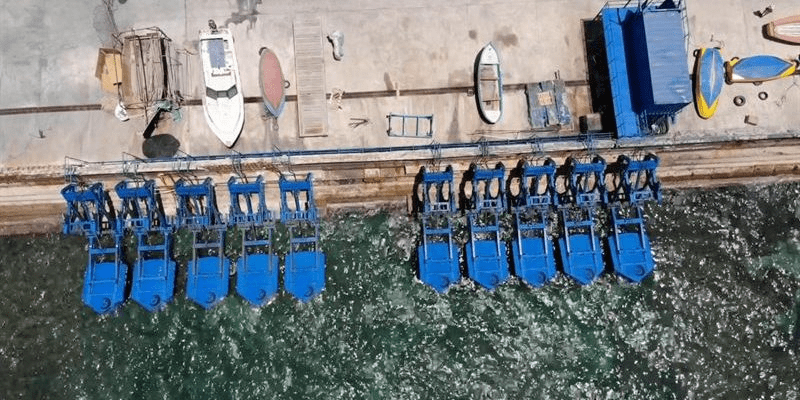

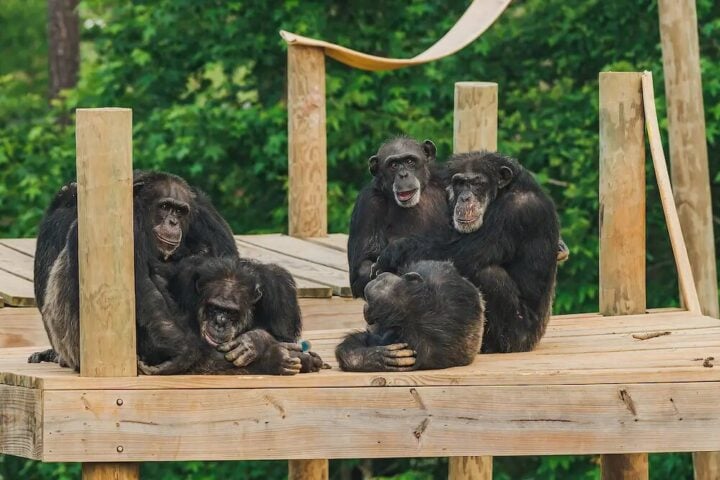

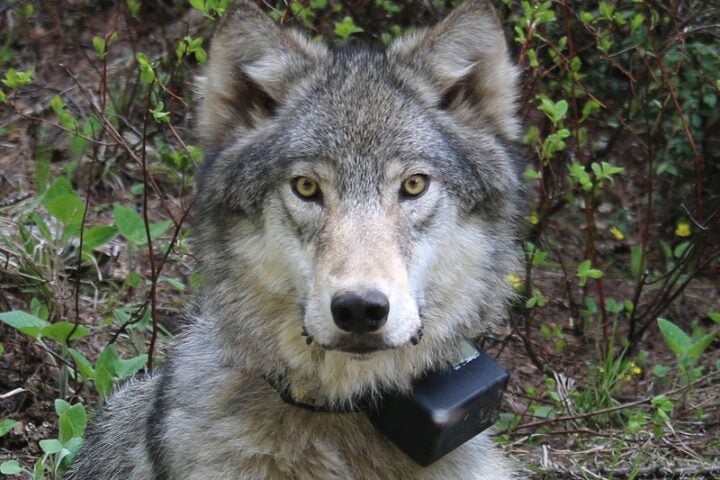
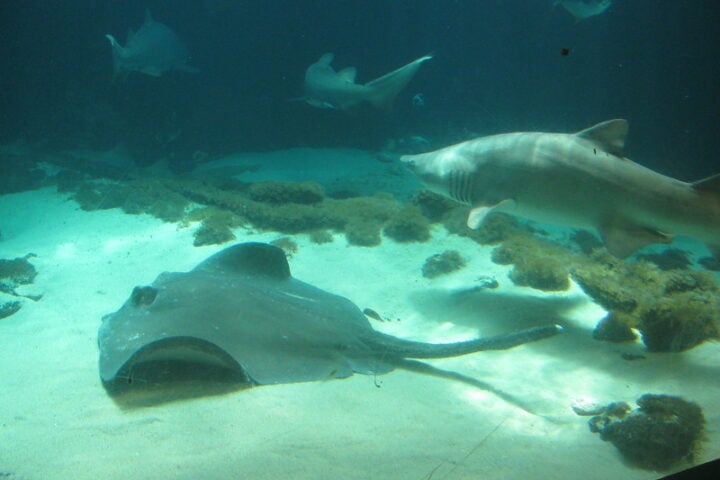
![Representative Image: European Starling [49/366]. Photo Source: Tim Sackton (CC BY-SA 2.0)](https://www.karmactive.com/wp-content/uploads/2025/04/Starlings-Drop-82-in-UK-Gardens-as-Birdwatch-2025-Reveals-Record-Low-Count-Since-1979-720x480.jpg)
